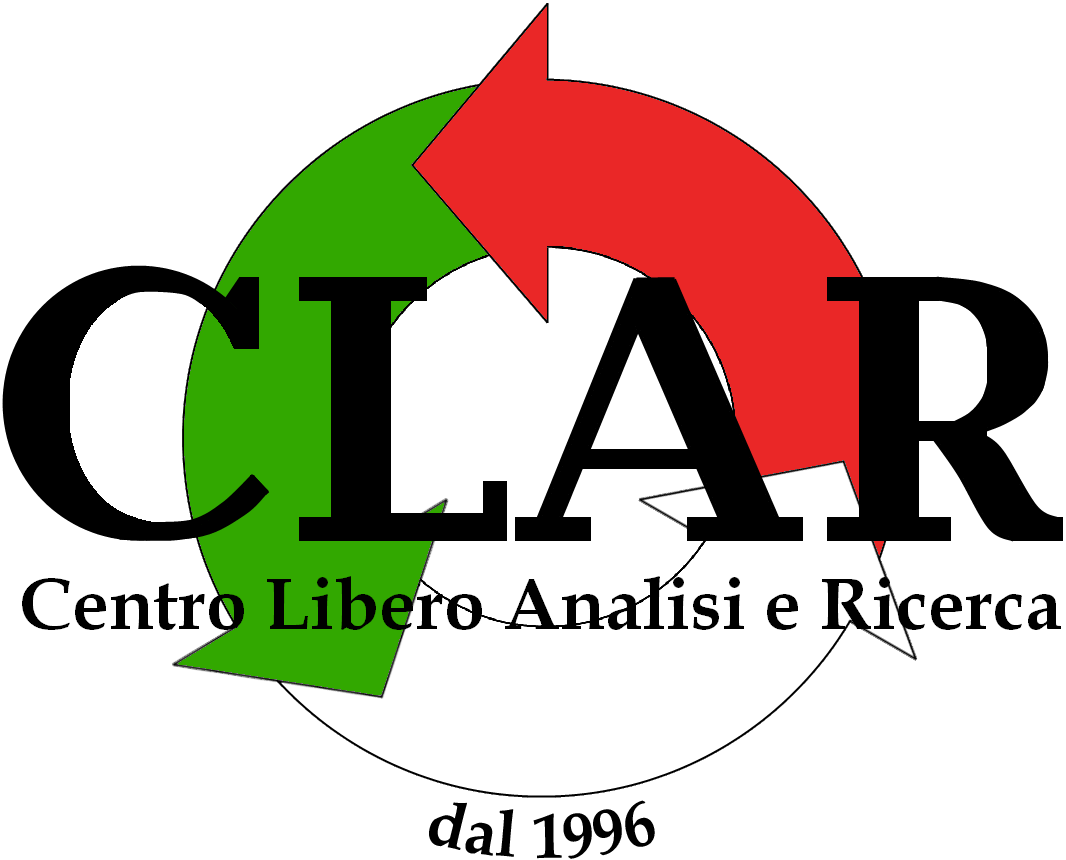The Erasmus Plus Planet Friendly Schools project, of which CLAR is the sole Italian partner, is successfully continuing on its path, which not even the pandemic was able to stop.
The first year, coinciding precisely with the pandemic, was mainly devoted to the construction and structuring of its own multilingual platform, which collects and presents 81 of the best sustainability education practices implemented by and for European schools. Today it is already active and presents, in the nine languages of the partnership, this careful selection of experiences that teachers, schools and organisations interested in environmental issues can now freely consult, take up and develop according to their own needs.
Planet Friendly Schools was also an opportunity for exchange and comparison between the partners, institutions that are different but united by their interest in and commitment to the future of our planet, in the conviction that only information and educational and scholastic training can lay effective and lasting foundations for solving the problems that today beset the world’s ruling classes for a human-scale survival of our planet.
The partners thus met in March 2022 on the ‘wild campus’ that the Royal Agriculture University, one of the oldest agricultural universities in the world, has set up in Cirencester, in the green heart of Great Britain. In Ljubljana, on the other hand, it was possible to visit the Vrhnika Kindergarten, a beautiful facility near Ljubljana, and follow the teachers in the educational activities carried out en plein air in the magnificent forest near the town, witnessing a morning of pedagogy in nature, which then continued in the cultivation of the magnificent vegetable garden created in the same kindergarten. In Poland, in Krakow, another ‘kitchen garden in the classroom’ project was presented to the partners, aimed at primary schools and created by Urban Greenery in Krakow. The Wild Food project was instead illustrated in Copenhagen by the partner Roskilde University, just as in Hamburg it was possible to take a closer look at another school garden project implemented in a primary school in the city.
The overview that the partners have thus gained from these meetings and their work of collecting, analysing and selecting the projects deemed best practice, also in terms of applicability and repeatability in other contexts, is therefore truly encouraging, and shows how our old continent is capable of transforming ancient traditions by adapting them to current contexts, through innovative educational choices, the commitment of educators and families, and the interest of public bodies and institutions. This path to sustainability from the bottom up, from the youngest, not only from the big cities but also from the places most tied to rural traditions – is surely the way to save our Earth.
Project Partnership:
THE SOIL ASSOCIATION LIMITED, United Kingdom – capofila
Kaiblinger & Zehetgruber OG, Austria
ROSKILDE UNIVERSITET, Denmark
Skutecne zdrava skola, z.s., Czech Republic
Equalita, Institut für Qualifizierung und Vernetzung in Europa e.V., Germany
FUNDACJA IMIENIA STANISLAWA KARLOWSKIEGO, Poland
Celostno izobrazevanje o prehrani Tanja Bordon s.p., Slovenia
VU PO AGROBIZNES I RAZVITIE NA REGIONITE – PLOVDIV, Bulgaria
Centro LIbero Analisi e Ricerca (CLAR ETS), Italy
Ökomarkt e.V., Germany

